Community Approaches to Epidemic Management in South Sudan
This briefing summarizes findings from the mid-point of the Community Approaches to Epidemic Management in South Sudan research project. The project is run by the Rift Valley Institute (RVI) and funded by the UK Foreign Commonwealth and Development Office (FCDO) via the East Africa Research and Innovation Hub (EARIH). The project, which began in response […]
Research from the South Sudan National Archives: Uncovering compensation claims following the 1965 ‘Juba Massacre’
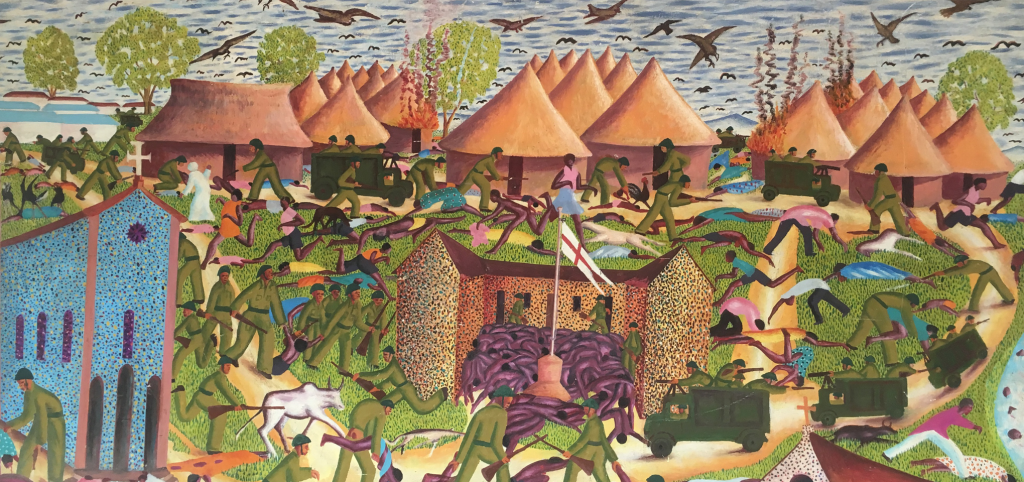
The Rift Valley Institute works in partnership with the Ministry of Culture, Museums and National Heritage (MoCMNH) on the preservation and digitization of the South Sudan National Archives (SSNA). Under the current project, funded by the Government of Norway, through UNESCO, various activities are underway to showcase the information available in the archives to […]
Fuelling Poverty: The challenges of accessing energy among urban households in Juba, South Sudan
In South Sudan, access to energy is crucial for survival, recovery and resilience in what is an extremely challenging economic and security environment. Fuelling Poverty—a product of the Energy on the Move project—examines the challenges of meeting everyday energy needs for the urban population of Juba. Recent urbanisation, conflict and economic crisis have fundamentally reshaped […]
Research from the South Sudan National Archives: The Political Life of King Gbudwe’s Grave
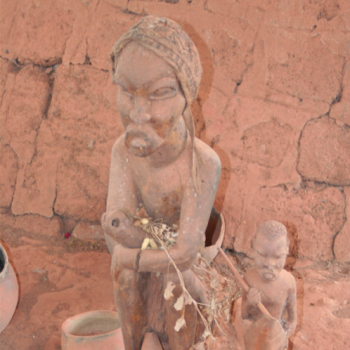
The Rift Valley Institute works in partnership with the Ministry of Culture, Museums and National Heritage (MoCMNH) on the preservation and digitization of the South Sudan National Archives. Under the current project, funded by the Government of Norway, through UNESCO, various activities are underway to showcase the information available in the archives to […]
Veterinary services: animal health and well-being
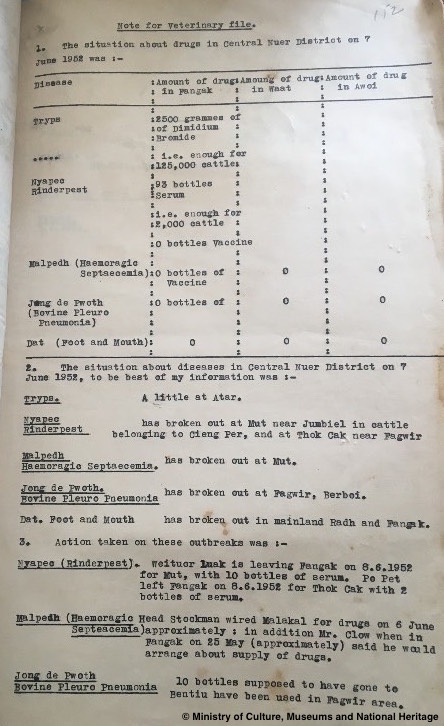
In collaboration with the Ministry of Culture, Museums and National Heritage, is sharing selected, approved documents from the South Sudan National Archives through social media channels to showcase the range of information available in the collection. This project is implemented in partnership with UNESCO with funding from the Norwegian Government. When the context allows, these […]
Youth, livelihoods and COVID-19 in South Sudan
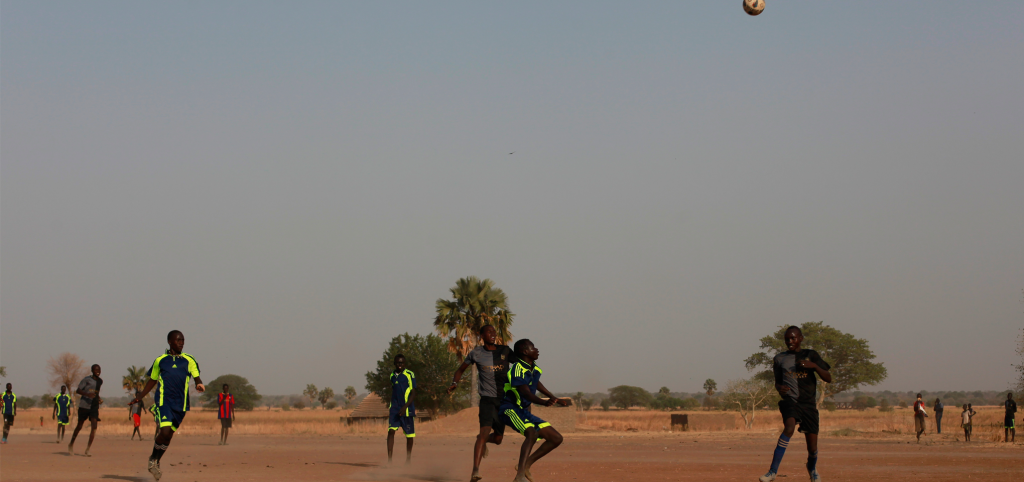
RVI is working in partnership with the Catholic University of South Sudan with a team of young researchers to study the dynamics around youth, violence and livelihoods in South Sudan. The project aims to understand decision-making among young people, their livelihood options and sources of trust, association, and influence. The study focuses on rural […]
COVID-19 in South Sudan: Young people share their experiences of the pandemic
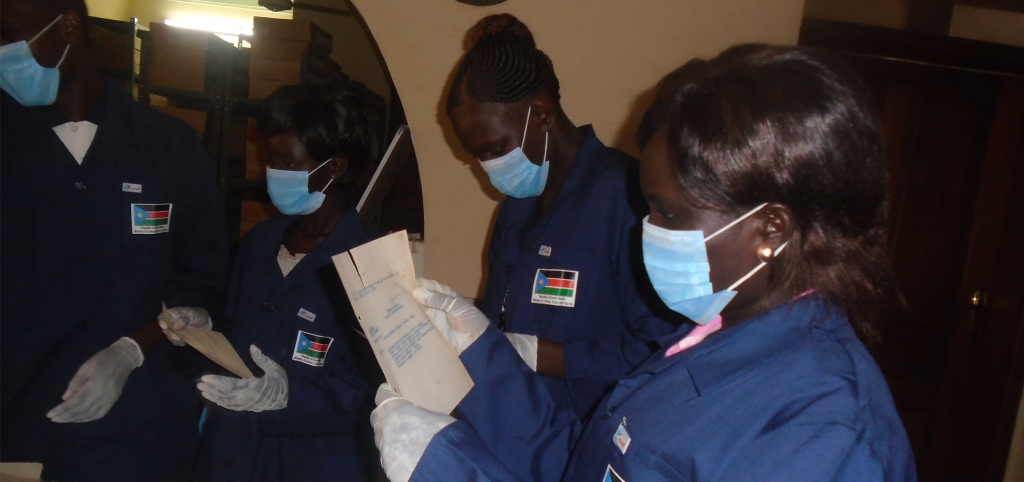
This blog was written by Alex Miskin Since the start of the COVID-19 pandemic earlier this year, countries affected by the virus have implemented a range of policies intended to limit its spread and protect their populations. In South Sudan, a coronavirus taskforce, initially led by First Vice President Riek Machar (subsequently replaced by […]
South Sudanese experiences of return
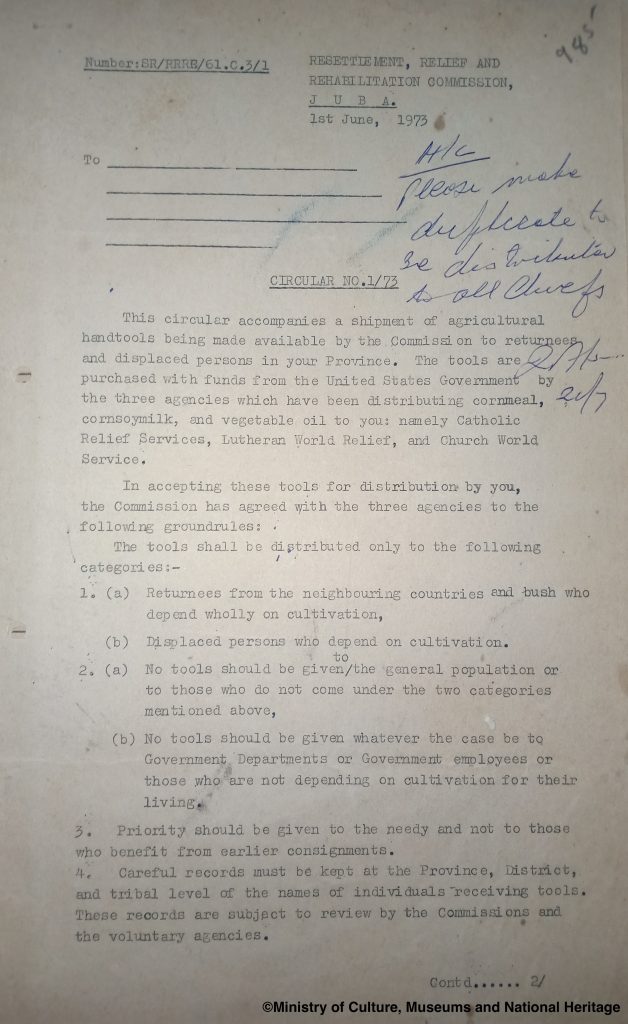
Every two weeks the Rift Valley Institute, in collaboration with the Ministry of Culture, Museums and National Heritage, is sharing selected, approved documents from the South Sudan National Archives through social media channels to showcase the range of information available in the collection. This project is implemented in partnership with UNESCO with funding from […]
South Sudan’s Changing Tastes: Conflict, displacement and food imports
South Sudan’s long wars have forced millions of people to leave their own homes, farms and pastures and move to unfamiliar new areas of the countryside, to refugee camps and cities. In the process, they have changed the way they get and eat basic foods. Many remember the tastes of the old days: flavourful, satisfying […]
History of spread and management of sleeping sickness in South Sudan since the 1950s
Every two weeks, the Rift Valley Institute, in collaboration with the Ministry of Culture, Museums and National Heritage, will be sharing selected, approved documents from the South Sudan National Archives through social media channels to showcase the range of information available in the collection. This project is implemented in partnership with UNESCO with funding […]
